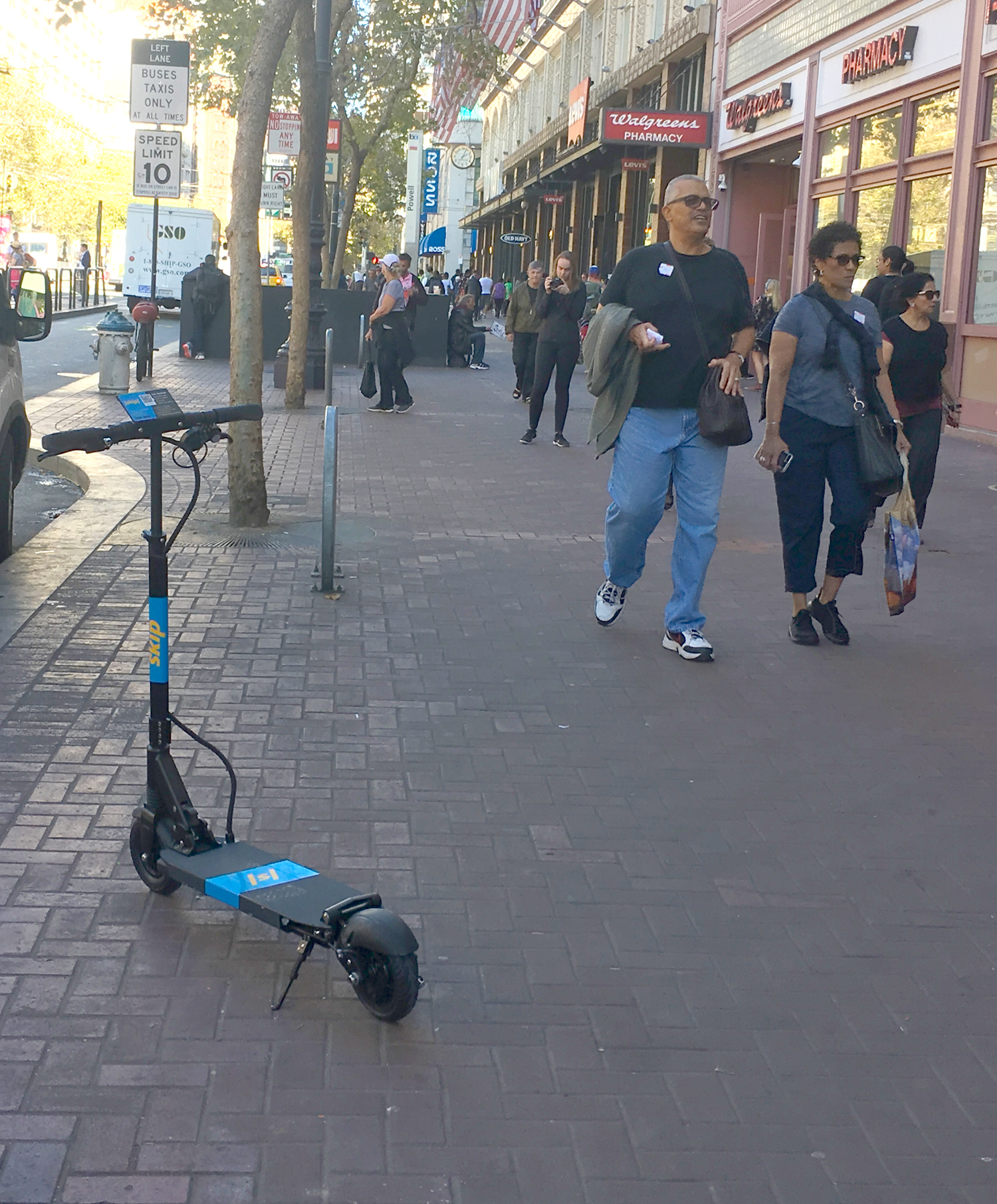The Washington Post reports that a class-action lawsuit has been filed against Lime, Bird, and several other e-scooter companies for “gross negligence,” for being a “public nuisance,” and for “aiding and abetting assault.” The lawsuit was filed in California last week.
The lawsuit itself is hardly a surprise. Bloomberg warned back in June that personal injury lawyers were “salivating” to take on potentially lucrative cases involving scooter injuries. Claims of an “uptick” in injuries have been based on anecdotal reports from a few doctors in emergency rooms, without comprehensive data.
The Post quotes Santa Monica personal-injury lawyer Catherine Lerer as saying, “We filed this class-action lawsuit against Bird and Lime and the manufacturers of their electric scooters to address the terrible injuries they have inflicted on their riders and pedestrians, and the continuing harm they are causing.” The firm has a page on its website dedicated to the dangers of e-scooters--and to recruiting potential clients. The lawyers told the Washington Post that they have received “over 100 calls” about potential cases and injuries—and yet there are only eight plaintiffs as part of this class action suit. According to Curbed, the plaintiffs were injured either by tripping over scooters, while riding scooters, or when a scooter rider crashed into them. Another plaintiff claimed damage to his car, and one says that scooters have blocked access to disabled parking spaces.
This class action lawsuit is about destroying e-scooter companies. In the style of “throw-the-book-at-'em” personal injury suits, it claims that e-scooter companies, by failing to take action against their riders, have both encouraged and assisted scooter riders in committing “assault” on pedestrians.
It also charges the scooter companies with causing “civil unrest with individuals throwing them into trashcans, dumpsters, the Venice Canals and the Pacific Ocean, in addition to lighting the Scooters on fire (which due to their batteries, can cause explosions) and burying them into [sic] the sand of California's beaches.”
In addition to seeking monetary damages for the plaintiffs—and for themselves, using a “we don't get paid unless we win” strategy typical for personal injury cases—the lawyers seek to prohibit e-scooter companies from deploying the scooters altogether in California.
Even the personal injury attorneys of Los Angeles admit, sort of, that scooters may not be the true danger here. Bloomberg quotes one such attorney who expects more potential cases in Los Angeles than in San Francisco because of the differences in driving culture. “Local drivers aren’t as used to sharing the road and also tend to drive more aggressively,” she told Bloomberg.
As many Streetsblog readers are aware, the real safety issue on the nation's roads is not e-scooters, but cars. Each year, car crashes kill more than 30,000 people in the U.S. As of late September, the U.S. had seen only three e-scooter rider deaths, and those deaths were caused by car crashes.
As some have pointed out on Twitter, there may be an ironic silver lining to the lawsuit. Could it potentially set a precedent for new lawsuits against car manufacturers?
Decades ago, auto manufacturers were forced, by the dogged attention of Ralph Nader, to build safer cars. Resulting safety standards—steering wheel posts, seat belts, tire quality—made cars much safer, although only for car occupants. Perhaps the vast class of car crash victims could band together and take legal action against automakers' gross negligence, public nuisance, and assaults on pedestrians and bicyclists.






